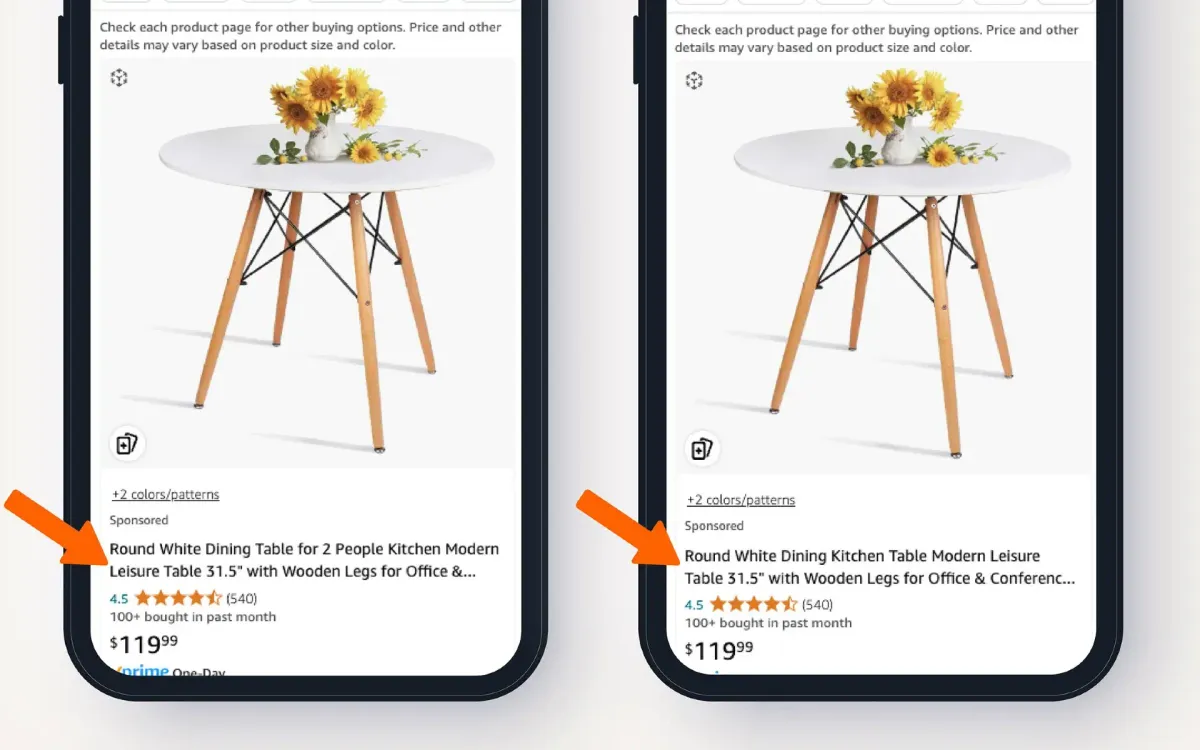
Amazon has announced a significant upgrade to its product recommendation system, harnessing the power of generative AI to enhance the shopping experience for its customers. The e-commerce giant revealed on September 19, 2024, that it is implementing advanced AI techniques to further personalize product recommendations and descriptions across its platform.
According to Amazon, the new AI-driven system analyzes customer preferences, search history, and browsing behavior to create tailored recommendation types and product descriptions. This move builds upon Amazon's long-standing use of machine learning and AI for personalization, which has been a cornerstone of its customer experience strategy for decades.
Mihir Bhanot, director of personalization at Amazon, explained the technology behind this innovation: "We're using Large Language Models (LLMs) to edit product titles and highlight features that are most relevant to each individual customer. An evaluator LLM then challenges and refines these results, ensuring accuracy and relevance."
The implementation of this technology marks a significant step forward in Amazon's efforts to streamline the shopping process for its vast user base. With over 300 million products available on the platform, helping customers quickly find what they're looking for has been a persistent challenge.
Key features of the new AI-powered system
- Personalized recommendation types: Instead of generic suggestions like "More like this," customers will now see more specific recommendations such as "Gift boxes in time for Mother's Day" or "Cool deals to improve your curling game," based on their individual shopping patterns.
- Intelligent product descriptions: The system will reposition key product attributes within descriptions to make them more prominent for specific users. For example, if a customer frequently searches for gluten-free products, the term "gluten-free" will be highlighted in relevant product descriptions, even if it was originally listed at the end.
- Adaptive title editing: The AI will modify product titles to emphasize features that are likely to be most important to each customer, based on their preferences and current shopping activity.
- Continuous refinement: The use of an evaluator LLM creates a feedback loop that constantly improves the quality and accuracy of personalized content.
Amazon has built this feature using Amazon Bedrock, a managed service from AWS that provides access to various foundational models. This technology stack has enabled Amazon to develop and deploy generative AI applications at scale.
The introduction of this AI-enhanced personalization system comes at a time when e-commerce companies are increasingly turning to advanced technologies to improve customer experiences and drive sales. Amazon's move is likely to set a new standard in the industry for personalized online shopping.
While the company has not provided specific metrics on the expected impact of this new system, we can expect that it could significantly increase customer engagement and conversion rates. The ability to quickly surface relevant products and highlight key features that matter to individual shoppers could potentially reduce browsing time and increase purchase likelihood.
However, the use of AI for personalization also raises questions about data privacy and the potential for creating "filter bubbles" where customers are only exposed to a narrow range of products. Amazon has not yet addressed these concerns in detail, but the company has historically emphasized its commitment to customer privacy and providing a diverse range of product choices.
This development is part of a broader trend of AI integration in e-commerce, with many retailers exploring ways to use generative AI for everything from customer service chatbots to inventory management. Amazon's scale and technological capabilities position it as a leader in this space, and its implementations are likely to be closely watched by competitors and industry observers alike.
As the holiday shopping season approaches, the timing of this announcement suggests that Amazon is preparing to leverage its new AI capabilities to enhance the shopping experience during peak retail periods. The company's annual Prime Day event and the upcoming holiday season will provide significant opportunities to showcase and refine these new personalization features.
Key facts about Amazon's new AI-powered personalization system
- Announced on September 19, 2024
- Uses Large Language Models (LLMs) to personalize product recommendations and descriptions
- Built using Amazon Bedrock, an AWS managed service for foundational models
- Analyzes customer preferences, search history, and browsing behavior
- Provides specific, tailored recommendation types instead of generic suggestions
- Intelligently repositions key product attributes in descriptions for individual users
- Employs an evaluator LLM to ensure accuracy and relevance of personalized content
- Covers Amazon's catalog of over 300 million products
- Aims to reduce browsing time and increase purchase likelihood for customers

